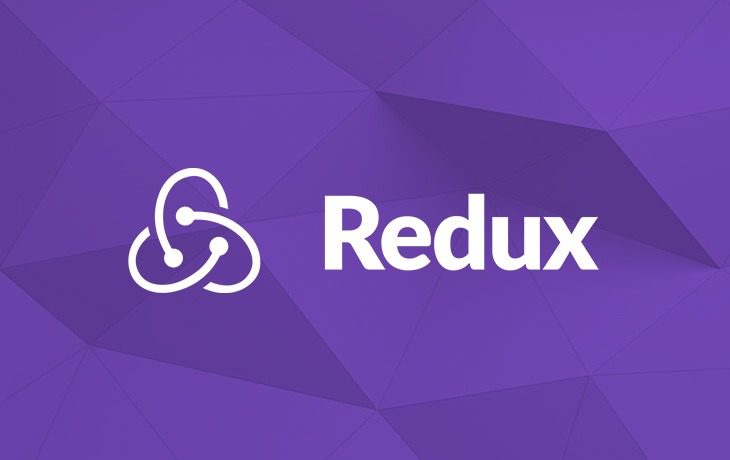There are tons of open-source Java libraries out there dedicated to Java development. Check out this post to find out more about the best 20 useful libraries.
Here is my collection of a number of the useful third-party libraries Java developers can use in their application try to do tons of useful tasks. In order to use these libraries, Java developers should be conversant in that, and this is often the entire point of this text . If you’ve got a thought then you’ll research that library and use it
Logging Libraries
Logging is very important as you need it in almost every project. Good choices are Log4j, SLF4j, and LogBack. They are the foremost important thing for server-side applications, because logs are only placed where you’ll see what is going on on your application.
General Purpose
There are a couple of general purpose, third-party libraries available for Java developers, like Apache Commons and Google Guava. I always include these libraries in my projects to simplifying lot of tasks. Try them out!
As Joshua Bloch rightly said in Effective Java, there’s no point in re-inventing the wheels. We should prefer using tried and tested libraries rather than writing our own routines every now then.
JSON Parsing libraries
In today’s world of web services and the IoT, JSON has become the go-to protocol to transmit information from the client to the server. They have replaced the XML because the most preferred thanks to transfer information during a platform-independently.
Unfortunately, JDK doesn’t have a JSON library. But there are so many third-party libraries that allows you to both parse and create JSON messages, like Jackson and Gson.
HTML Parsing Libraries
God bless we’ve JSoup, which greatly simplifies working with HTML during a Java Application.
It provides a convenient API for extracting and manipulating data, using the highest of DOM, CSS, and jquery-like methods. JSoup implements the WHATWG HTML5 specification and parses HTML to an equivalent DOM, as modern browsers do.
HTTP Libraries
JDK is lack of support for HTTP. Though you’ll make an HTTP connection using classes within the java.netpackage, it isn’t as easy or seamless to use open source, third-party libraries like Apache HttpClient and HttpCore. Try them out!
Though JDK 9 is bringing the support of HTTP 2.0 and better support for HTTP, I strongly suggest all Java developers get conversant in popular HTTP client libraries, including HttpClient and HttpCore.
Collection Libraries
Even though JDK features a rich collection library, there are are some 3rd-party libraries that provide more options, just like the Apache Commons collections, Goldman Sachs collections, Google collections, and Trove.
The Trove library is especially useful because it provides high speed regular and primitive collections for Java.
Excel Reading Libraries
Believe it or not — all real-world applications need to interact with Microsoft Office in some form or another. Many applications got to provide functionality to export data in Excel, and if you’ve got to try to to same from your Java application, you would like the Apache POI API.
It is a rich library that allows you to do both read and write XLS files using Java program.
Bytecode Libraries
If you’re writing a framework or libraries that generate code or interact with bytecodes then, you would like a bytecode library.
They allow you to read and modify bytecode generated by an application. Some of the favored bytecode libraries within the Java world are Javassist and Cglib Nodep.
Database Connection Pool Libraries
If you’re interacting with the database from a Java application but not using database connection pool libraries, then, you’re missing something more valuable.
Since creating database connections at runtime takes time and makes request processing slower, it is often advised to use DB connection libraries. Some of the favored ones are Commons Pool and DBCP.
In a web application, it’s web server generally provides these functionalities, but in core Java applications, you would like to incorporate these connection pool libraries into your classpath to use the database connection pool.
Messaging Libraries
Messaging is a common feature of many real-world java apps. Java provides JMS, or the Java Messaging Service, that’s not a part of JDK. To use this component, you would like to incorporate a separate jms.jar. Explore Amazon SQS Java Messaging library.
PDF Libraries
Similar to Microsoft Excel, PDF libraries are another universal format. If you would like to support PDF functionality in your application, like exporting data in PDF files, you’ll use the iText and Apache FOP libraries.
Email APIs
The javax.mail and Apache Commons Email both provide an API for sending an email from Java. It is built on top of the JavaMail API, which aims to simplify mail .
Cryptographic Library
Apache Commons Codec package contains simple encoder and decoders for various formats, like Base64 and Hexadecimal. In addition, it’s a widely used encoders and decoders, the codec package also maintains a set of phonetic encoding utilities.
Conclusion
With so many choices available today, it seems really hard for developers to find the useful libraries among the possible choices. Which of them will you try? Please share your thoughts in the comments.

